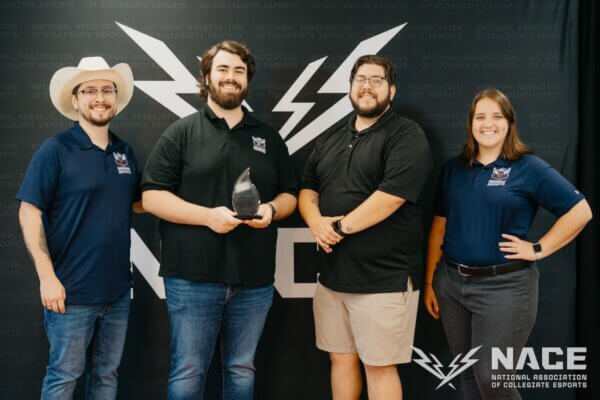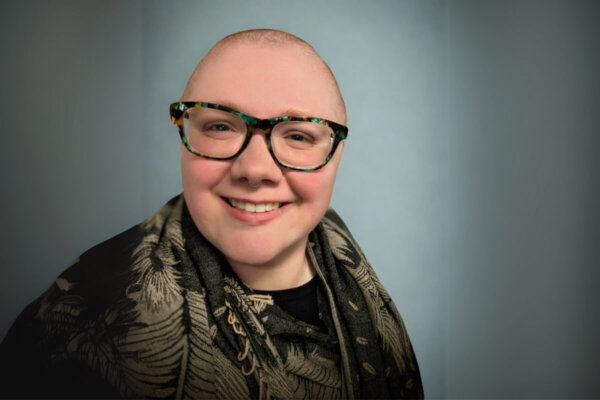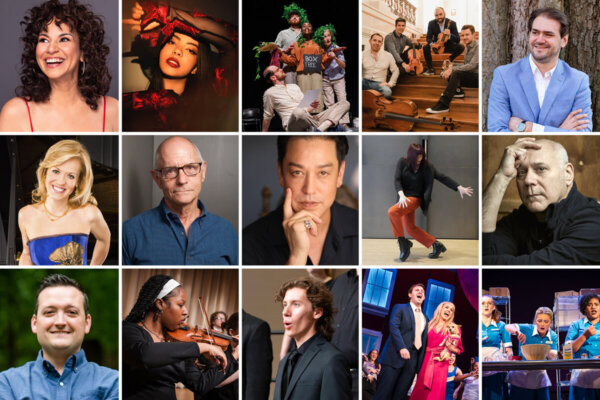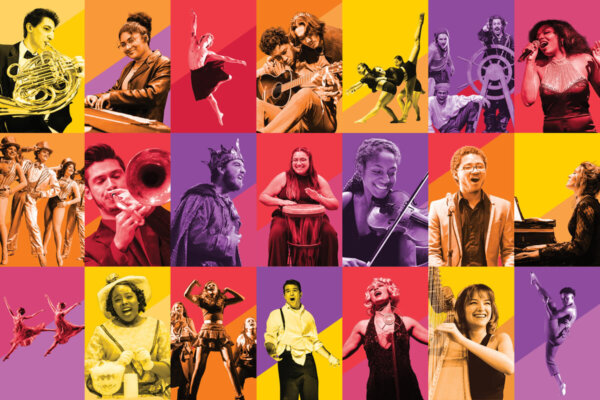“The Atmosphere of Hate: Experiencing a Civil Rights Era Sit-In”
Shenandoah University Virtual Reality Experience Pulls Emotions Of The Past Into The Present on Martin Luther King, Jr. Day
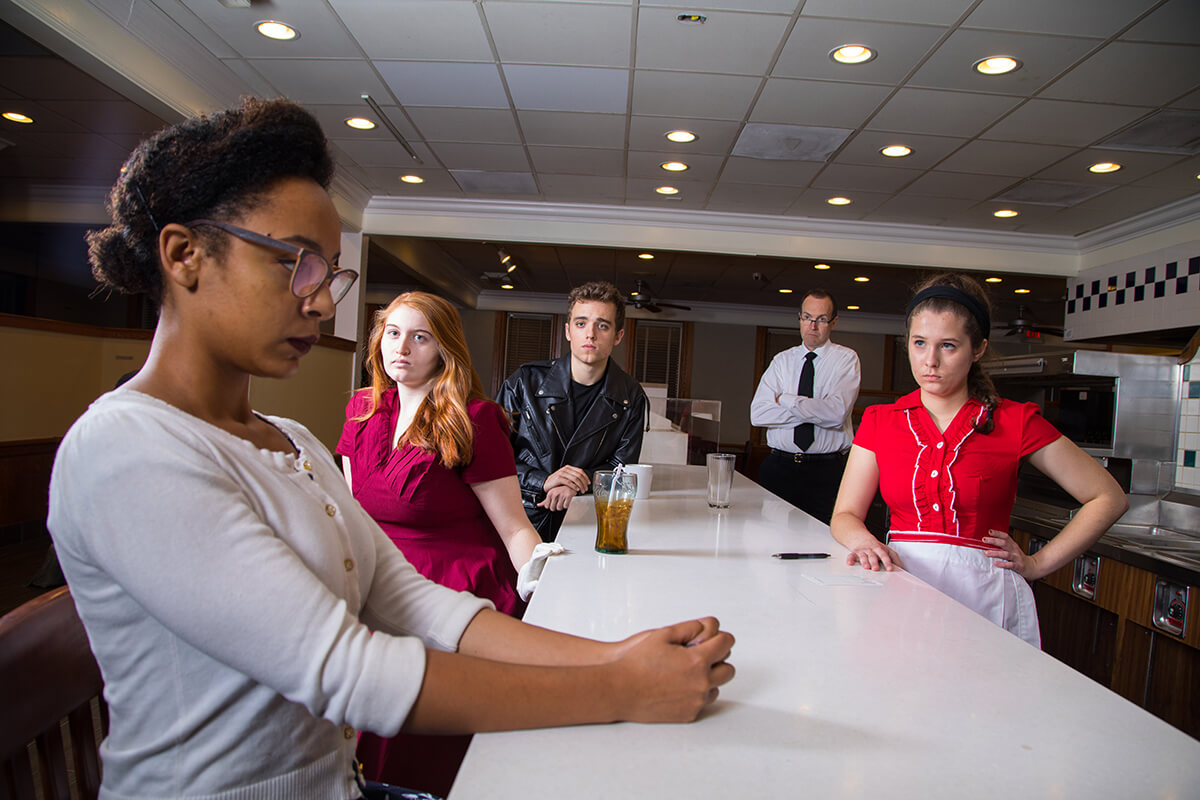
Participants can immerse themselves in the “Atmosphere of Hate,” felt by African-Americans as they engaged in nonviolent protest to challenge segregation by sitting at a whites-only lunch counter in 1960.
People can don virtual reality goggles to step into the “past” on Martin Luther King Jr. Day, Monday, January 15, from 11 a.m. to 1 p.m. at the Brandt Student Center on Shenandoah’s main campus in Winchester, and at 5 p.m. at the Alamo Drafthouse Cinema, 181 Kernstown Commons Blvd.
“I felt trapped the first time I watched it,” said Joanne Ruscella, Executive Director of the Institute of Interactive Performance, which is an external partner to SCIL. She also experienced a pervasive feeling of being attacked.
“I think it’s amazing,” said Cody Pugsley, SCIL technology director. “Every time I notice something different.” He also noted that he did feel as if he was being berated along with the peaceful protesters.
“VR can help with the study of history in many ways but, I feel the most important way it can enhance the study is to give people an emotional connection to a particular event as well as an intellectual connection,” Oross said.
Through this experience, “I think we’re finding out why this immersive technology is going to be so important to the future of education,” said SCIL Executive Director J.J. Ruscella. And, it’s revealing Shenandoah’s particular take on the technology’s use. “We’re focusing on humanity inside of these virtual worlds.”
SCIL’s technology and guidance is available to all majors at the university, and the members community at large are also invited to contact SCIL to see if it can help craft similarly meaningful learning experiences. SCIL can help make such ideas a (virtual) reality.
For more information about SCIL and its capabilities, contact J.J. Ruscella at jruscell@su.edu.
